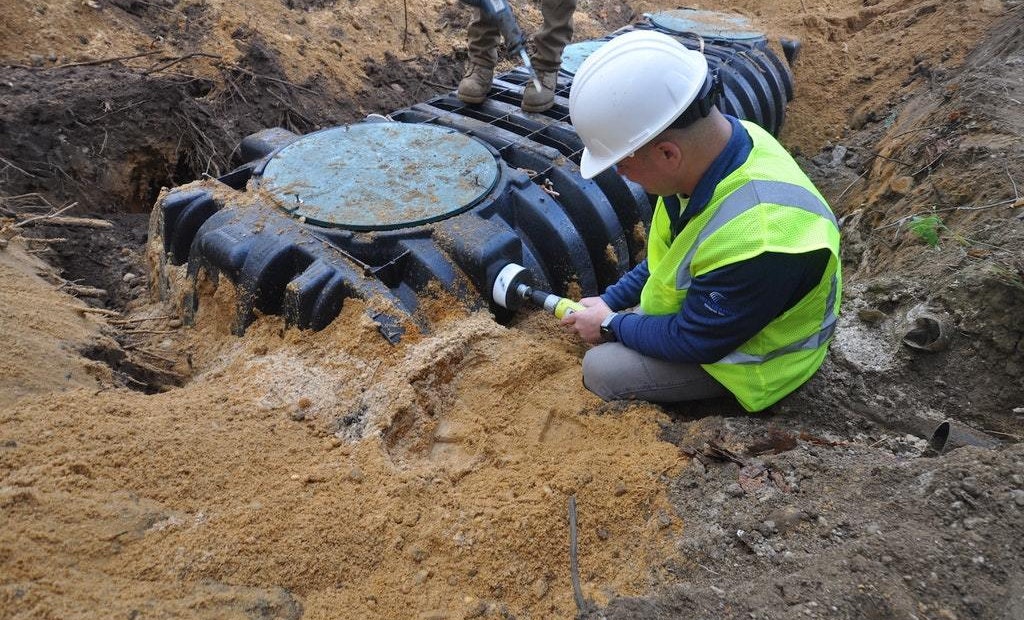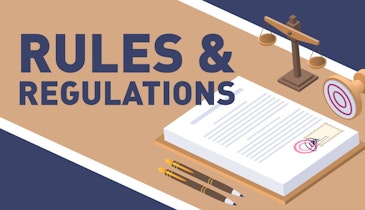There are many things that can distract us at work and in life in general. Family circumstances, financial struggles and medical issues have always been sources of distraction. Today, our cellphones are a near-constant source of distraction. If we allow these distractions to over...
How to Minimize Distractions and Prevent Workplace Hazards
Keeping your mind on the task at hand will make you safer and more productive
Popular Stories
Discussion
Comments on this site are submitted by users and are not endorsed by nor do they reflect the views or opinions of COLE Publishing, Inc. Comments are moderated before being posted.






